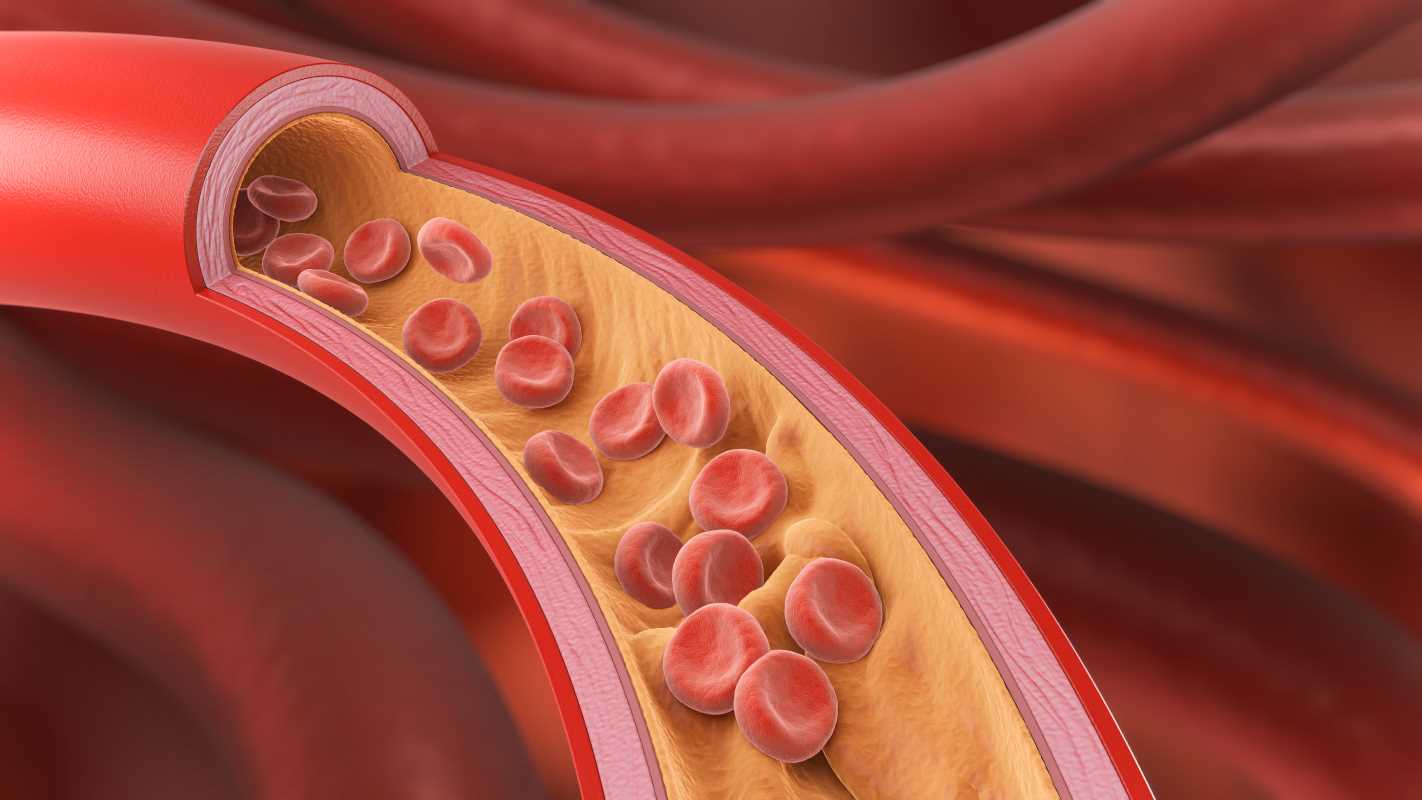If you've been prescribed blood pressure medication, you're certainly not alone. Nearly half of American adults have high blood pressure, making these medications some of the most commonly prescribed drugs in the country. While your doctor likely discussed the main benefits and most common side effects when you started treatment, there are often surprising effects that patients don't expect—both positive and challenging.
Understanding these unexpected side effects can help you feel more prepared and confident in managing your treatment. More importantly, knowing what to watch for and when to speak with your healthcare provider can make the difference between struggling with side effects and successfully managing your blood pressure while maintaining your quality of life.
ACE Inhibitors: The Persistent Cough Nobody Warns You About
ACE inhibitors like lisinopril, enalapril, and captopril are often first-line treatments for high blood pressure. They work by blocking an enzyme that narrows blood vessels, allowing blood to flow more easily and reducing pressure on artery walls.
The Unexpected: That Nagging Dry Cough
Up to 20% of people taking ACE inhibitors develop a persistent, dry cough that can be quite bothersome. This happens because ACE inhibitors block the breakdown of a substance called bradykinin, which can irritate the airways and trigger coughing.
The cough typically starts within the first few weeks of treatment but can appear months later. It's usually worse at night and doesn't respond to typical cough suppressants. Many people mistake it for allergies or a lingering cold, not realizing their blood pressure medication is the culprit.
The Silver Lining: Kidney Protection
On the positive side, ACE inhibitors provide unexpected benefits beyond blood pressure control. They offer significant protection for your kidneys, especially if you have diabetes. Many patients are pleasantly surprised to learn their medication is doing double duty—protecting both their cardiovascular system and kidney function.
Managing the Cough
If you develop this persistent cough, don't suffer in silence. Your doctor can switch you to an ARB (angiotensin receptor blocker), which provides similar blood pressure benefits without the cough side effect. Never stop taking your medication without consulting your healthcare provider, as uncontrolled blood pressure poses much greater risks than the inconvenience of a cough.
Beta-Blockers: Beyond Feeling Tired
Beta-blockers like metoprolol, atenolol, and propranolol work by blocking the effects of adrenaline on your heart, causing it to beat more slowly and with less force.
The Unexpected: Changes in Exercise Capacity and Sleep
While fatigue is a well-known side effect, many patients are surprised by how beta-blockers affect their exercise routine. Your heart rate won't increase as much during physical activity, which can make workouts feel more difficult even when you're not actually more out of shape.
Some people also experience vivid dreams or nightmares, particularly with beta-blockers that cross into the brain like propranolol. These sleep disturbances can be quite disruptive and may not appear immediately when starting treatment.
The Surprising Benefit: Anxiety and Migraine Relief
Many patients discover their beta-blockers help with anxiety symptoms and performance nerves. Musicians, public speakers, and others who experience performance anxiety often find these medications particularly helpful. Additionally, beta-blockers are frequently prescribed off-label for migraine prevention, providing an unexpected bonus for those who suffer from frequent headaches.
Cold Hands and Feet
Beta-blockers can reduce circulation to your extremities, leaving you with colder hands and feet than usual. This is particularly noticeable in cooler weather and can be bothersome for people who already tend to feel cold.
Calcium Channel Blockers: The Swelling Surprise
Calcium channel blockers like amlodipine, nifedipine, and diltiazem prevent calcium from entering heart and blood vessel cells, causing blood vessels to relax and widen.
The Unexpected: Ankle Swelling
One of the most common complaints about calcium channel blockers, particularly amlodipine, is ankle and foot swelling. This happens because the medication causes small blood vessels to dilate, allowing fluid to leak into surrounding tissues.
The swelling typically affects both ankles equally and is usually worse at the end of the day. Many patients worry this indicates heart problems, but it's actually a direct effect of how the medication works on blood vessels.
Gum Problems
Some calcium channel blockers can cause gum overgrowth (gingival hyperplasia), making your gums appear swollen and making dental hygiene more challenging. This side effect is more common with certain medications in this class and tends to develop gradually over months.
Managing Swelling and Other Issues
For ankle swelling, elevating your feet when sitting, wearing compression socks, and reducing salt intake can help. If swelling becomes severe or bothersome, your doctor might adjust your dose or switch you to a different medication. For gum issues, maintaining excellent oral hygiene and regular dental cleanings becomes even more important.
Diuretics: More Than Just Frequent Bathroom Trips
Diuretics, often called "water pills," help your kidneys remove excess sodium and water from your body, reducing the volume of blood and lowering pressure.
The Unexpected: Electrolyte Imbalances
While everyone expects to urinate more frequently when starting a diuretic, many people don't anticipate the potential for electrolyte imbalances. Low potassium levels can cause muscle cramps, weakness, and irregular heartbeats. Some people experience unexpected fatigue or muscle aches that they don't connect to their blood pressure medication.
The Gout Connection
Diuretics can increase uric acid levels, potentially triggering gout attacks in susceptible individuals. If you develop sudden, severe joint pain—particularly in your big toe—while taking diuretics, this could be the culprit.
Unexpected Benefits: Reduced Stroke Risk
Beyond lowering blood pressure, diuretics provide particularly strong protection against strokes. Studies show they may be more effective than other blood pressure medications at preventing this serious complication.
Blood Sugar Effects
Some diuretics can slightly raise blood sugar levels, which may be concerning if you have diabetes or prediabetes. Regular monitoring becomes important to catch any changes early.
Managing Side Effects: Your Action Plan
Keep a Side Effect Diary
Track any new symptoms that develop after starting blood pressure medication. Note the timing, severity, and impact on your daily activities. This information helps your healthcare provider determine whether symptoms are medication-related and how to address them.
Don't Play the Guessing Game
Many side effects that seem unrelated to blood pressure medication might actually be connected. Persistent coughs, sleep changes, mood shifts, or new physical symptoms that develop after starting treatment deserve discussion with your doctor.
Timing Matters
When you take your medication can significantly impact side effects. Some medications work better and cause fewer problems when taken at bedtime, while others are better tolerated in the morning. Ask your pharmacist or doctor about optimal timing for your specific medication.
Disclaimer: The content provided on SuperHealthyTips is for informational and educational purposes only. This information is not intended to be a substitute for professional medical advice, diagnosis, or treatment.
 (Image via
(Image via.jpg)





